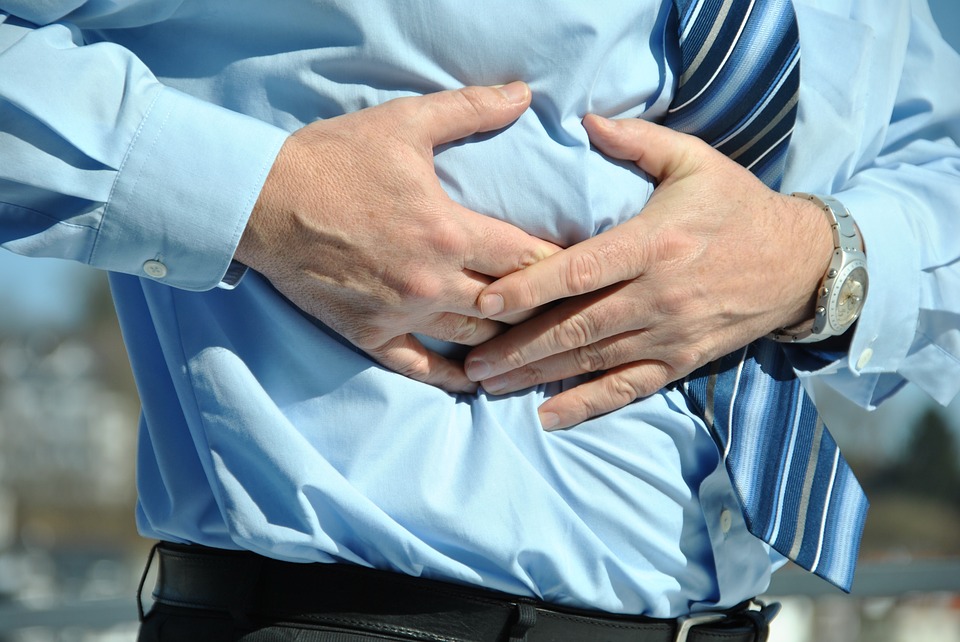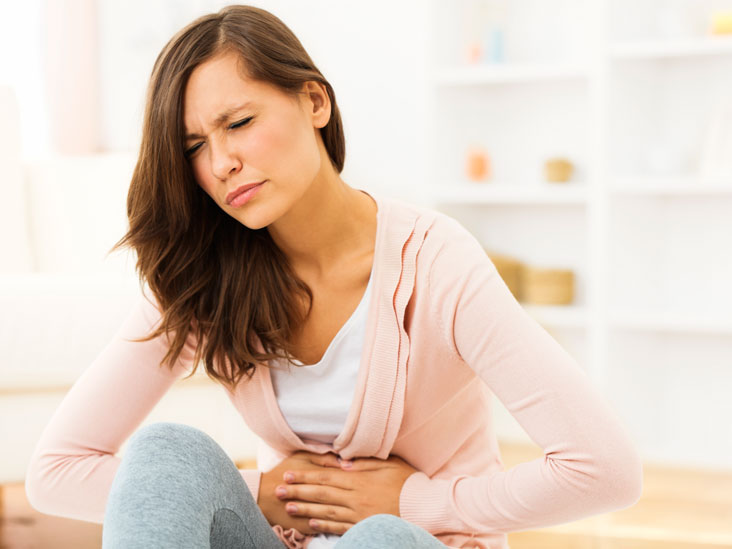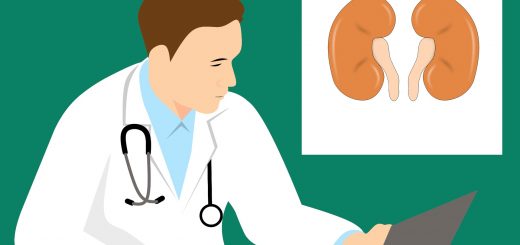Let’s Talk About Bloating!
Ever noticed like you have a food baby after consuming certain foods or having trouble zipping up your pants? Bloating might be the culprit!
What is bloating?
Bloating occurs when your gastrointestinal tract gets filled with gas or air. When you are bloated, you experience a ‘’stuffed’’ feeling. Your belly feels swollen as if you’ve had a big meal, and there’s no more room left. Bloating also comes with pain and discomfort.
Symptoms of bloating
Common symptoms include:
- Discomfort
- Gas
- Stomach Pain
- Burping
- Belching
- Abdominal rumbling
Severe symptoms include:
- Weight loss – If you’re losing weight without any changes to your diet or any exercise, it should be cause for concern. Tumors that press on the intestines are often the reason behind sudden weight loss since substances produced by tumors suppress the appetite.
- Blood in stool or vaginal bleeding – Bleeding should always be evaluated to be on the safer side as there could be other underlying reasons.
- Fever – Bloating with fever occurs due to infection or inflammation.
- Vomiting
- Nausea
- Heartburn that gets worse
- Diarrhea
What are the common causes of bloating?
There are various causes of abdominal bloating. Some of the most common causes include
1) A build-up of gas
Increased intestinal gas can cause bloating. Excess gas can happen because of eating habits such as
- Eating too fast, chewing gum, excessive eating
- Consuming high-fibre foods that cause gas, including whole grains, beans, and peas (legumes), fruits, and vegetables.
- Artificial sweeteners or sugar substitutes like mannitol, sorbitol, and xylitol, which are found in some sugar-free foods and drinks may cause colon gas.
- Taking fibre supplements having psyllium such as Metamucil
- Drinking through a straw which makes you swallow air
2) Indigestion
Indigestion occurs when you have recurrent or persistent pain in the upper abdomen. There are several symptoms of indigestion, including, heartburn, belching, bloating, and nausea.
3) Premenstrual Syndrome
Premenstrual Syndrome (PMS) is emotional and physical symptoms that happen one or two weeks prior to a woman’s menstruation. The symptoms vary between women and include bloating, tender breasts, acne, mood swings, irritability, and fatigue. Bloating occurs during premenstrual syndrome as a result of changes in the sex hormones, progesterone and estrogen. A week before menstruation starts, the levels of progesterone fall, and cells in the body become swollen with water, which causes bloating.

4) Food Intolerance
People with lactose intolerance, gluten allergy, or celiac disease may be bloated after consuming certain foods. For instance, those who are lactose intolerant, that is, people who are unable to digest the sugar found in dairy products fully, often experience bloating. The undigested food cause excess gas and water, which result in bloating.
5) Constipation
Constipation occurs when you experience difficulties or are unable to pass a bowel movement. Constipation causes bloating since stool remains in the large bowel. Bloating becomes worse if excess gas builds up behind the stool. Symptoms of constipation include
• Abdominal pain
• Hard, dry and lumpy stools
• Having less than 3 bowel movements per week
• Straining during bowel movement

Ways to reduce bloating
1) Have smaller meals
Having large meals at a time can make you feel bloated since there is increased pressure on the stomach. If you feel uncomfortable after big meals, have smaller portions. You can add another meal if needed. You should also eat slowly and chew better to avoid swallowing air, which causes bloating.
2) Keep a food diary
Keeping a food diary can help you evaluate which foods make you feel bloated. This will also aid in knowing whether your lactose intolerant, fructose intolerant, or are allergic to any food since egg allergies cause bloating too.
3) Have less high fibre foods.
As mentioned above, high fibre foods can cause a large amount of gas, which turns into bloating. Indigestible carbohydrates called FODMAPS such as onions, garlic, wheat, cabbage, apples, cauliflower, and others can also worsen symptoms, especially if you have irritable bowel syndrome (IBS). Thus, having less high-fibre foods and trying a low FODMAP diet can help to reduce bloating since they have less fermentable carbs. If you take fiber supplements, gradually building up how much you take and having them with a large glass of water can also help to avoid bloating.
4) Reduce your salt intake
A high amount of sodium in the body can cause water retention, creating a bloated and swollen feeling in the belly and other areas of the body, including the hands and feet. Avoid sprinkling salt on your meals and try to have snacks that are low in sodium.
If bloating and intense pain persist, visit your doctor to avoid further complications.




